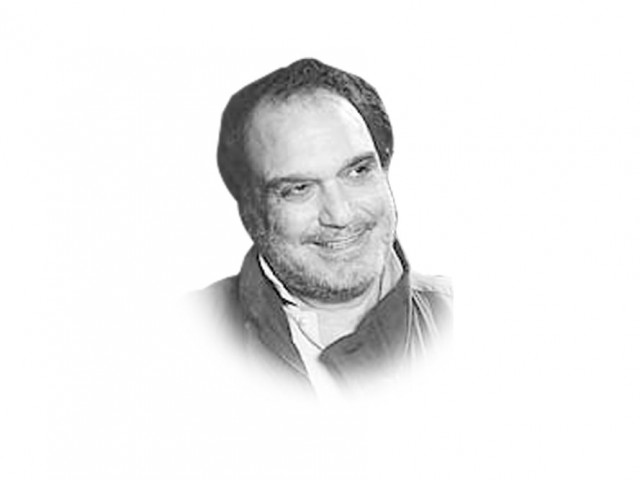How reliable is ‘voice of the people’?
Powerful states can survive after following popular trends, but others can only get into trouble.

Interesting, because they are finally unreliable.
The year is 2007. People said the year would be good (37 per cent) or bad (33 per cent). The question was: How much trust do you have in the future of Pakistan? A lot, said 44 per cent; only some, said 40 per cent. Yet, when asked: is the future of Pakistan secure, 91 per cent said it was. A bombshell follows in the next question: Do you think our country is generally headed in the right direction: wrong, said 73 per cent. And about economic development, only 23 per cent said they trusted it.
What is shocking is that people gave six out of 10 marks to the way state education was handled in Pakistan. They gave five marks to economic development, but a low four to moral values. What is more, only 29 per cent thought Pervez Musharraf’s rule was bad! This was said in May 2007; by November 2007, it had come up to 45 per cent. Does this mean people are fickle? In all four provinces, people thought both leaderships were “unjust”, but they thought Zardari was more “unjust” than the Sharifs.
The book says this about the Lal Masjid operation: “In April (2007) Jamia Hafsa students kidnapped a few women and children from an alleged brothel in the area and forced them to embrace Islam. Public support for their actions was reduced to 42 per cent while an equal number (46 per cent) opposed the students’ moral policing” (p.49). NB: In the same survey, 62 per cent said religion should be kept separate from politics (p.49)!
Now prepare to face the next fact: “Despite this view, in April when the students of Jamia Hafsa demanded the enforcement of Sharia law in the country, 52 per cent agreed and a significant 34 per cent disagreed” (p.49). One may add here that public view of Lal Masjid became distorted by reason of concealment of facts.
When the Lal Masjid operation got underway intelligence agencies produced two peacemakers of dubious repute on the scene: Fazlur Rehman Khaleel of Harkatul Mujahideen and Javed Ibrahim Paracha, the “Al Qaeda lawyer” known for his hatred of the Shias. What is not mentioned generally is that the persons kidnapped by the Jamia Hafsa mob were Shia. Jason Burke in his book, On the road to Kandahar: Travels through Conflict in the Islamic World (Thomas Dunne Books New York 2006), points to Lal Masjid’s “polarity” with the shrine of Bari Imam which was earlier bombed.
Burke writes: “A suicide bomber in the middle of the shrine in the spring had killed dozens of worshippers. The bomber was linked to one of the groups that Javed Ibrahim Paracha was suspected of being involved with” (p.286).
All over the world, Gallup polls influence decision-making. But what if this goes against a country’s strategy for survival? Powerful states can survive after following popular trends, but others can only get into trouble.
Another nugget from Gilani’s excellent book: on relations with India, 78 per cent said that normalisation should come only after the solution to the Kashmir dispute. The next question was: Do you think India will ever part with Kashmir? In January 2007, 78 per cent said no. Can one blame parliaments if they ignore what the people think?
Published in The Express Tribune, October 17th,















COMMENTS
Comments are moderated and generally will be posted if they are on-topic and not abusive.
For more information, please see our Comments FAQ